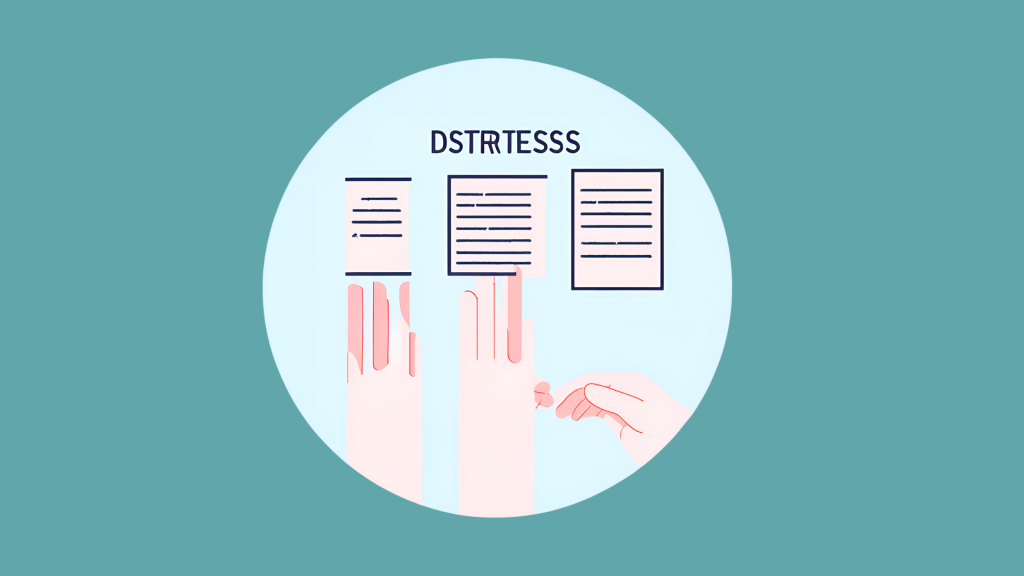Distress or just stress is uncomfortable and exhausting. For many people these feelings become overwhelming. Learning to manage distress with less difficulty alleviates a good deal of daily struggle, making it easier to live a comfortably and with greater satisfaction. In this blog we’ll talk about the dialectical behavior therapy (DBT) skill of distress tolerance. If you’re interested in DBT, check out our blogs from earlier this year on DBT, mindfulness, and cognitive restructuring. Check back next month to learn more about emotion regulation.
What Is Distress Tolerance?
Distress tolerance is a skill used to navigate the small and large crises or difficult experiences we face each day. It can be something small like a disagreement with your spouse about who has to take your kids to school this morning or something bigger like a tense salary negotiation at work or diagnosis with a serious medical condition. Whatever the source of distress, having the skills to tolerate these moments is essential to leading a fulfilling life.
How Can Distress Tolerance Skills Be Applied Daily?
DBT improves distress tolerance through a variety of skills and strategies like those related to the acronym ACCEPTS, which stands for:
Activity – you can think of this as any activity that will distract you from the distressing moment. Get up and take a walk, read a book, do your dishes. Just keep doing activities until you feel a lower level of distress.
Contribution – perform an act of service for someone else. This can make you feel better about yourself and alleviate distress. It can also help you feel more connected and
stable when you develop a greater sense of community.
Comparison – try to put the situation in perspective. Compare it to your best day and your worst day and determine where it falls. Try to give the experience the amount of time and energy it deserves and don’t over emphasize.
Emotion – lean into the opposite of your current emotion. When you’re feeling intense sadness, find something to make you laugh. When you’re feeling anxious, do yoga. Leaning into an opposing feeling can alleviate the intensity of difficult emotions.
Push away – while it’s not always good to ignore emotions, during times of distress, it’s okay to push them away to give yourself a break. Push away the distressing feelings for a bit. Then, come back to the concern when you feel better.
Thoughts – in times of distress pay attention to your thoughts. It’s easy to engage in dysfunctional thinking when we’re distressed. Pay attention to thoughts and try to challenge any thinking that seems distorted.
Sensation – focus on what you see, hear, smell, taste, and feel in the immediate moment to try to pull yourself out of the distressing situation.
Learn More About Distress Tolerance
Interested in learning more distress tolerance, dialectical behavior therapy, or counseling in general? The Lotus Psychology Group is here to support you. We know that it can be difficult to take the first step to begin therapy, so we do our utmost to keep it simple. You can get in touch with us by calling (248) 957-8973, emailing info@lotuspsychgroup.com, or completing our contact form. Come back next month to learn more about the DBT skill of emotion regulation.


